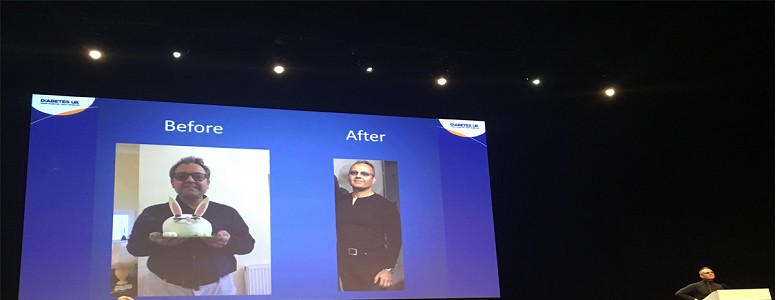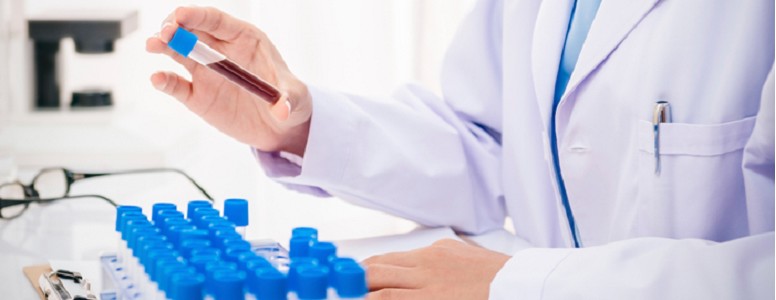Putting type 2 diabetes into remission was the main topic of conversation at the Diabetes UK Professional Conference last week.
Diabetes specialist nurses, consultants, GPs and dietitians were among the 3,000 attendees at Liverpool’s M&S Bank Arena for this year’s conference, which ran from 6-8 March.
The primary talking points were type 2 diabetes remission and the FreeStyle Libre, a flash glucose monitoring system.
Keynote speaker Professor Roy Taylor, of Newcastle University’s, presented the latest findings of the Diabetes Remission Clinical Trial (DiRECT), which is further proving people with type 2 diabetes can put the condition into remission.
Further evidence that the clinical mainstream is accepting type 2 diabetes remission was provided by two leading professional bodies. The Association of British Clinical Diabetologists (ABCD) and the Primary Care Diabetes Society (PCDS) jointly releasing a position statement during the conference calling for a new era in identifying type 2 remission.
Meanwhile, Diabetes UK published a tool to help doctors and nurses talk to people with type 2 diabetes about putting their condition into remission called the Remission Information Prescriptio, which advises “as all carbohydrates affect blood glucose levels, be aware of the amount you eat”.
Regarding the FreeStyle Libre, NHS England announced a national minimum criteria for flash glucose monitoring devices in a bid to eradicate the so-called ‘postcode lottery’ surrounding the device.
Meanwhile at the conference, the first-ever career and education framework for new in post Diabetes Specialist Nurses caring for adults was released to help drive up standards of care. An updated version of a competency framework for diabetes nursing for adults was also published to include the latest findings from research.
In other news, researchers from the University of Edinburgh revealed that people who have type 1 diabetes and also live in a deprived area tend to have higher blood glucose levels.
What's new on the forum? ⭐️
Get our free newsletters
Stay up to date with the latest news, research and breakthroughs.






